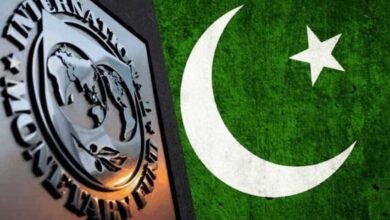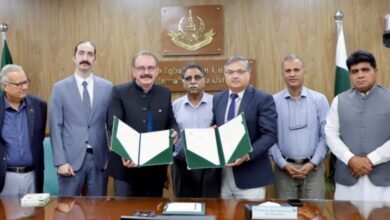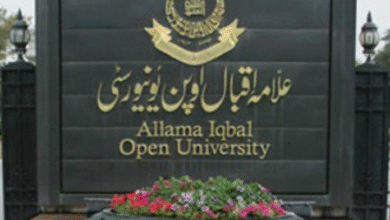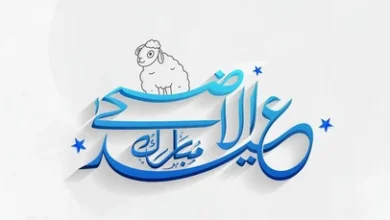Seminar on The Role of Libraries in the Reading and Promotion of Urdu Literature and Linguistics
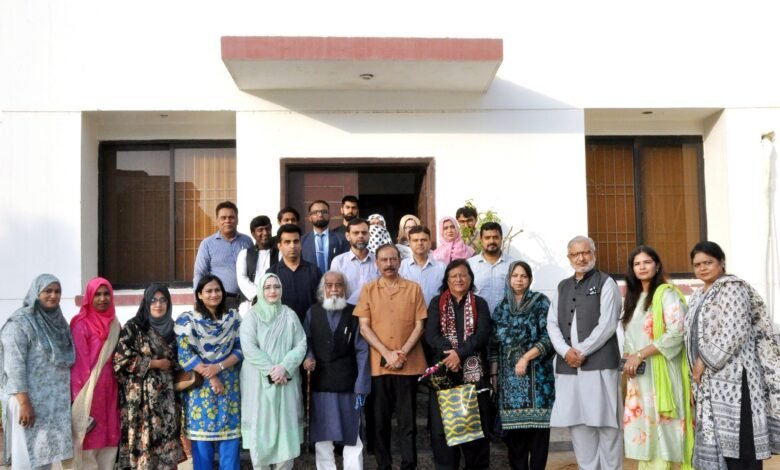
Reported by: Ikram Ul Haq
A one-day seminar on “The Role of Libraries in the Reading and Promotion of Urdu Literature and Linguistics” was organized by the Society for the Promotion of Reading and Improvement of Libraries (SPRIL) in collaboration with the Anjuman Taraqqi-e-Urdu Pakistan on October 11, 2025, in Urdu Bagh, Karachi.
The Chief Guest of the seminar was Brigadier (R) Karar Hussain Abidi, while the session was presided over by Mr. Wajid Jawad, President of the Anjuman Taraqqi-e-Urdu Pakistan.
The seminar featured distinguished figures from the fields of literature and education who captivated the audience with their thought-provoking and insightful talks. Among the speakers were Jawaid Saba, Syed Abid Rizvi, Dr. Yasmin Sultana Farooqi, Dr. Riffat Parveen Siddiqui, Mahmood Khan, Professor Shadab Ehsani, and Brigadier (R) Karar Hussain Abidi.
A large number of librarians, teachers, researchers, and literary as well as academic personalities from leading institutions of Karachi participated in the event.
The program began with the recitation of the Holy Qur’an by Nadeem Zafar, followed by welcome remarks by Sameem Kardar, who highlighted SPRIL’s aims, objectives, and ongoing activities. Concluding remarks were presented by Jawahar Aleem, who thanked all the guests and participants, while Rabiya Ali Faridi skillfully conducted the proceedings as Master of Ceremonies.
The central aim of the seminar was to underscore the importance of the Urdu language in the modern era and to highlight the role of libraries in preserving and promoting Urdu literature. The participants appreciated SPRIL’s initiative and recommended holding more such academic and literary events in the future.
Dr. Yasmin Sultana Farooqi, Editor of Qaumi Zaban, shed light on the value of books, the utility of libraries, and the gift of knowledge bestowed upon us as Muslims. She remarked that libraries continue to play an active role in knowledge dissemination, while developed nations take pride in their national languages. She lamented that many of us hesitate to speak Urdu and discussed the causes of its decline, explaining how the destruction of Muslim libraries aimed to deprive them of intellectual and literary strength. She emphasized that libraries are vital for preserving centuries of scholarly heritage and appreciated SPRIL’s efforts.
Mr. Mahmood Khan, a prominent social activist, organizer of Sakenaan-e-Shehr-e-Quaid, and a lover of learning and literature, praised SPRIL’s initiatives, emphasizing the promotion of reading and education among youth, and encouraged continued cooperation with SPRIL.
Professor Dr. Shadab Ehsani, Editor of the journal Urdu and former Chairman, Department of Urdu, University of Karachi, discussed the historical emergence of the Urdu language. He explained that Urdu once served as the medium of instruction, but during British rule, it was deliberately removed from curricula for political reasons, promoting intellectual servitude. He asserted that national progress is impossible without education in the national language and identified estrangement from Urdu as a major cause of decline.
Renowned poet and broadcaster Jawaid Saba highlighted the need for libraries to embrace modernity. He beautifully described the significance of a conducive reading environment and observed that while technology brings convenience, it also limits mental capacities—nonetheless, the process of learning must never stop.
Dr. Riffat Parveen Siddiqui, Chairperson, Department of Library and Information Science, University of Karachi, discussed the evolution of languages, the importance of national language, and inter-linguistic relationships. She expressed regret that people today think in one language, write in another, and publish in yet another, causing distortion of meaning. She praised SPRIL for organizing such an event with an important theme and distinguished speakers, calling it a commendable effort.
Syed Abid Rizvi, Treasurer and Academic & Literary Advisor of the Anjuman Taraqqi-e-Urdu, elaborated on the importance of libraries and the value of national language. He informed the audience that the Anjuman Taraqqi-e-Urdu Pakistan offers free assistance in providing books to anyone wishing to establish a new library.
In his closing remarks, the Chief Guest, Brigadier (R) Karar Hussain Abidi—a noted columnist, author, and defense analyst—stated that deliberate efforts are being made to undermine the importance of Urdu to intellectually weaken the nation. He declared:
“The book and the Urdu language are alive, have always been alive, and will remain alive.”
He lauded SPRIL’s literary and academic efforts and thanked the organizers for inviting him to such a distinguished gathering.
Ikram Ul Haq, President of SPRIL, sent a video message from Riyadh (Saudi Arabia) in which he expressed gratitude to all guests and participants. He emphasized the need to digitize the vast corpus of Urdu literature and make it freely accessible online for researchers. He further stated that collaboration between university libraries and Urdu research institutions would open new horizons for scholarship in Urdu language and literature and pave the way for further intellectual development.
The outcome of the seminar was a collective recognition of the crucial role of libraries in promoting Urdu language and literature. The participants agreed that in the present era, libraries are not merely repositories of knowledge but centers of intellectual and cultural development. The discussions highlighted that national revival depends on fostering a culture of reading and strengthening our connection with the national language. The seminar reaffirmed that libraries not only preserve scholarly heritage but also prepare future generations for research, learning, and service to language. The participants appreciated SPRIL’s academic contribution and expressed the desire for the continuation of such programs.
The successful organization of the event was made possible through the dedicated efforts of Nadeem Zafar, Sameem Kardar, Jawahar Aleem, Ikram Ul Haq, and Rabiya Ali Faridi.
Dr. Amna Khatoon (Library Promotion Bureau) presented books published by the Bureau as gifts to the participants.
The seminar concluded with the presentation of shields and floral bouquets to the Chief Guest, President, and speakers, followed by refreshments and tea, marking the successful end of the event.

